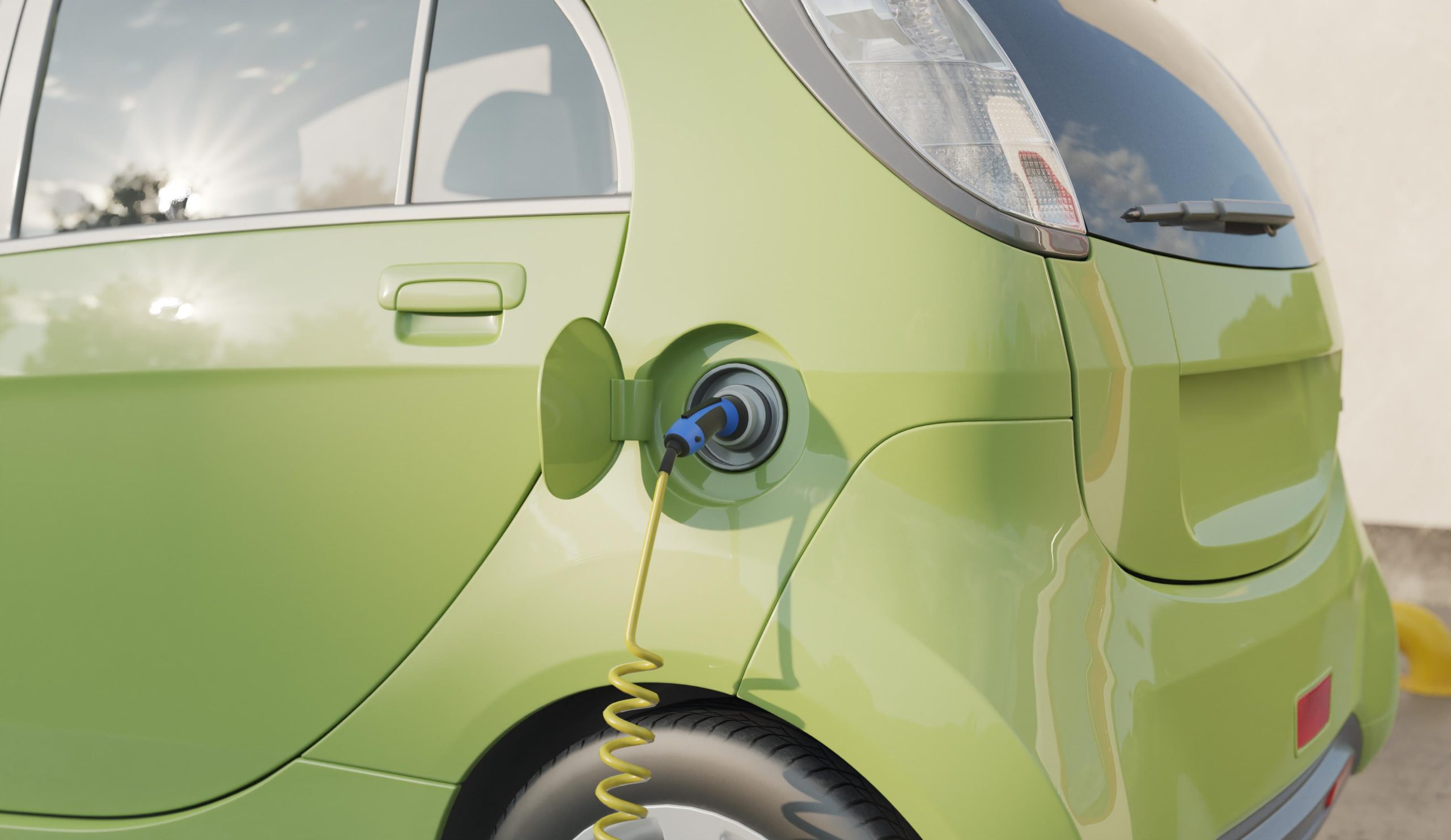Commission investigation provisionally concludes that electric vehicle value chains in China benefit from unfair subsidies

As part of its ongoing investigation, the Commission has provisionally concluded that the battery electric vehicles (BEV) value chain in China benefits from unfair subsidisation, which is causing a threat of economic injury to EU BEV producers. The investigation also examined the likely consequences and impact of measures on importers, users and consumers of BEVs in the EU. Based on the investigation’s findings, the Commission has provisionally established that it is in the EU’s interest to remedy the effects of the unfair trade practices found, by imposing provisional countervailing duties on imports of BEVs from China.
Consequently, the European Commission has today pre-disclosed to the interested parties the level of provisional countervailing duties it intends to impose on imports of BEVs from China. In parallel, the Commission has reached out the Chinese authorities to discuss these findings and possible ways to resolve the issue. The individual duties the Commission intends to apply to the three sampled Chinese producers will be:
• BYD: 17,4%;
• Geely: 20%; and
• SAIC: 38,1%.
Other BEV producers in China, which cooperated in the investigation but have not been sampled, will be subject to the following weighted average duty: 21%.
All other BEV producers in China which did not cooperate in the investigation will be subject to the following residual duty: 38,1%.
The provisional findings of the EU anti-subsidy investigation indicate that the entire BEV value chain benefits heavily from unfair subsidies in China, and that the influx of subsidised Chinese imports at artificially low prices therefore presents a threat of clearly foreseeable and imminent injury to EU industry.
